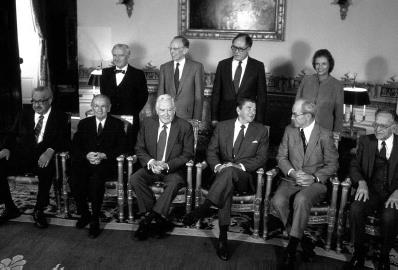The Burger Court (1969–86)Court Decisions |
How did the Burger Court rule with respect to gender discrimination? |
The Burger Court decided many gender discrimination cases. In Reed v. Reed (1971), the Court issued the first Supreme Court decision ever striking down a state law for discriminating against women. The case concerned an Idaho law that gave preference to males in the administration of estates. The unanimous Court, in an opinion written by Chief Justice Burger, reasoned that gender-based classifications must be reasonable and not arbitrary. “By providing dissimilar treatment for men and women who are thus similarly situated, the challenged section violates the Equal Protection Clause,” he wrote. In Frontiero v. Richardson (1973), the Court struck down a federal law that assumed female wives of military servicemen were dependents but refused to assume that husbands of female servicewomen were dependents. The Court treated this distinction as a paternalistic assumption rooted in gender discrimination. Justice William Brennan wrote in his plurality opinion: “With these considerations in mind, we can only conclude that classifications based upon sex, like classifications based upon race, alienage, or national origin, are inherently suspect, and must therefore be subjected to strict judicial scrutiny.”
The Court did not strike down all laws in which there were allegations of gender discrimination. In Rostker v. Goldberg (1981), the Court upheld a law that excluded women from the military draft. “The Constitution requires that Congress treat similarly situated persons similarly, not that it engage in gestures of superficial equality,” the Court wrote.

